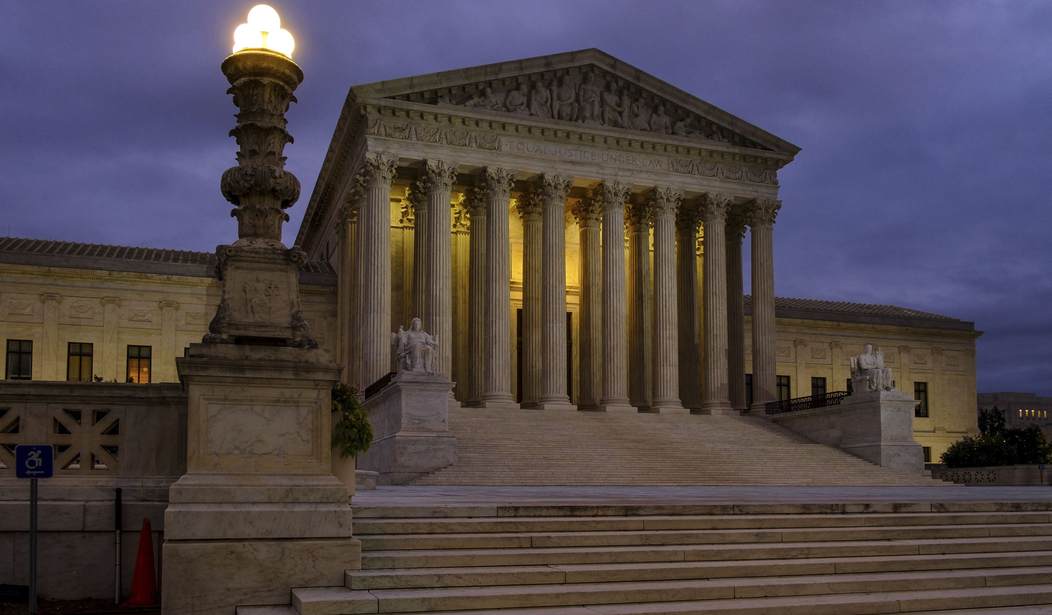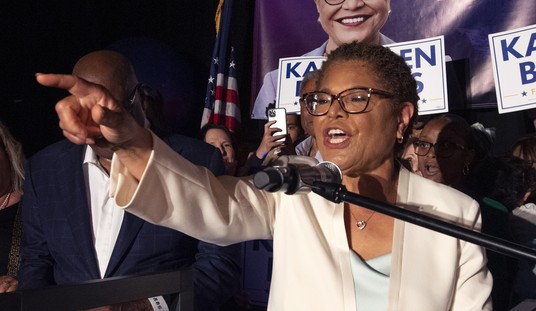The Supreme Court ruled Thursday that a part of President Trump's 2017 'Tax Cuts and Jobs Act' that levied a tax on capital appreciation is constitutional. Justice Brett Kavanaugh wrote the majority opinion. Justices Clarence Thomas and Neil Gorsuch dissented.
The court ruled 7-2 that the mandatory repatriation tax, or MRT, is constitutional under the taxation regimes defined in Article I and the 16th Amendment. In short, the MRT imposed a one-time requirement for US citizens and companies to repatriate money held overseas.
In 2005, Charles and Kathleen Moore invested $40,000 in an Indian business named KisanKraft, which marketed power tools to Indian farmers in exchange for 13% of the company’s equity. It was a good investment, and the company made a profit every year. The profit was reinvested in the company, and no distribution was made to equity owners. The 13% equity share the Moores owned increased in notional value, but they didn’t receive a single cent in income.
Ordinarily, the Moores would have had a tax bill due when they sold their share of the business or started receiving a share of the profits. This changed in 2017 with the passage of the Tax Cuts and Jobs Act; investors in foreign corporations, like the Moores, were hit with a one-time “repatriation” tax on profits held overseas. The profits were based on the increased investment value even though the asset was not sold. I won’t tell you who controlled the Executive and both houses of the Legislative Branch when this was passed.
As a result of the change in the law, the Moores were hit with a $14,729 tax bill. They paid the bill and sued the federal government, claiming a violation of the 16th Amendment.
BACKGROUND:
The Supreme Court Is Gearing up for a Major Battle Over Taxes – RedState
The Skinny on SCOTUS - 6-20-24 Edition: Of Mental States, Taxes, and Malicious Prosecution
You read that right. The Moores had earned $0 from their investment, but the value of their investment had increased because the business they invested in was successful. Because their investment was successful, that unrealized gain, which could totally disappear in a few months if things went pear-shaped, was taxed.
Why is this important?
The lodestar of the far left is "income inequality." They want everyone to be poor but them. Where their policies are defeated is by frugality and investment.
During her 2020 presidential campaign, Sen. Elizabeth Warren (D-MA) proposed a 2 percent tax on all the accumulated wealth held by Americans worth more than $50 million. The idea was that, rather than merely taxing very wealthy individuals’ income and leaving their accumulated capital intact, a wealth tax would gradually chip away at the richest Americans’ fortunes and begin to bring wealth inequality under control.
The wealth tax's strategy is to prevent the accumulation of intergenerational wealth and penalize those who work hard, save, and invest in favor of those who consume. Every time your stock portfolio or home increases in value, a wealth tax would make that gain taxable, even if you didn't cash out.
You will own nothing; you will eat bugs; and you will be happy.
Even though the majority decision says it does not address the issue of a wealth tax and Kavanaugh goes into a lot of specious mumbo-jumbo about how a wealth tax might run afoul of the Article 1 requirement that taxes be apportioned, that is just moonshine designed to mollify anyone more concerned with protecting wealth from confiscation than they are in enabling that to happen.
In Moore, the majority was careful to note that, at least with respect to undistributed corporate income, double taxation is off the table: “[N]othing in this opinion should be read to authorize any hypothetical congressional effort to tax both an entity and its shareholders or partners on the same undistributed income realized by the entity.”
For an example of the genre, read the ever-excitable Ian Milhiser's explanation of why the government's ability to tax your stock or real estate portfolio is great news for the people who have one.
All of that is fine, but we also need to realize that Kavanaugh's thinking does not represent the whole court.
Finally, let’s consider the separate opinions. Justice Ketanji Brown Jackson’s concurrence leaves little doubt on where she stands: “[T]here is no constitutional requirement ... that a taxpayer ‘be able to sever ... the gain from his original capital’ in order to be taxed on it.” Jackson concludes that the requirement that income be realized before it can be taxed is not a constitutional rule but “founded on administrative convenience.”
Because this ruling specifically focuses on the facts in one case, and when one justice — in reality, there are at least three — explicitly says that taxing paper gains is okay, we shouldn't focus on all the leftists telling us not to worry. And John Roberts is in the majority.
Let's think back a decade to the birth of ObamaCare. One of the critical debates was the "mandate' for all Americans to have health insurance coverage. To incentivize the purchase of insurance, a penalty for non-purchase was created. Roberts decided that the madate was in reality a tax, despite no one ever having called it that, and because it was a tax, it was okay.
Salvaging the idea that Congress did have the power to try to expand health care to virtually all Americans, the Supreme Court on Thursday upheld the constitutionality of the crucial — and most controversial — feature of the Affordable Care Act. By a vote of 5-4, however, the Court did not sustain it as a command for Americans to buy insurance, but as a tax if they don’t. That is the way Chief Justice John G. Roberts, Jr., was willing to vote for it, and his view prevailed. The other Justices split 4-4, with four wanting to uphold it as a mandate, and four opposed to it in any form.
...
Here is the choice that individuals who do not want to obtain health insurance will face, according to the Chief Justice: “Those subject to the individual mandate may lawfully forgo health insurance and pay higher taxes, or buy health insurance and pay lower taxes. The only thing they may not lawfully do is not buy health insurance and not pay the resulting tax.”
No matter what the defenders of this decision say, this ruling has opened the door to a wealth tax. The Moores were forced to take the money. They did have to pay a tax on the money they had not received. Just like the Supreme Court blithely declared that the tax the Moores paid didn't violate the Article 1 requirement that direct taxes be apportioned, the Roberts court also said that the ObamaCare mandate didn't fall under the apportionment requirement.
If you think this wasn't noticed by the left, think again. The door has been opened for a wealth tax. Eventually, some Congress will walk through it.













Join the conversation as a VIP Member